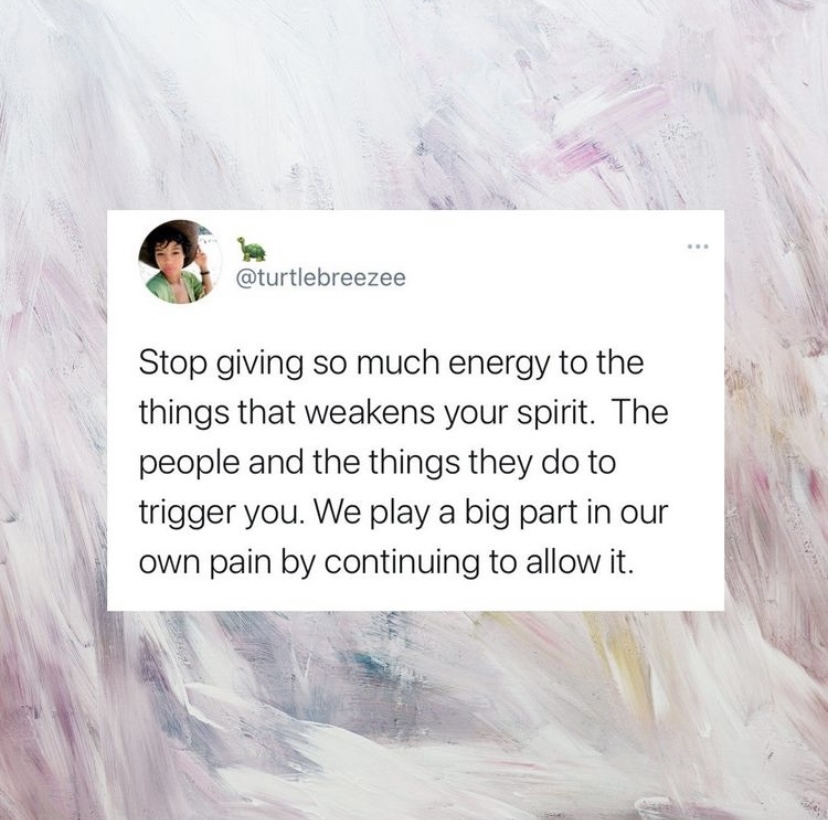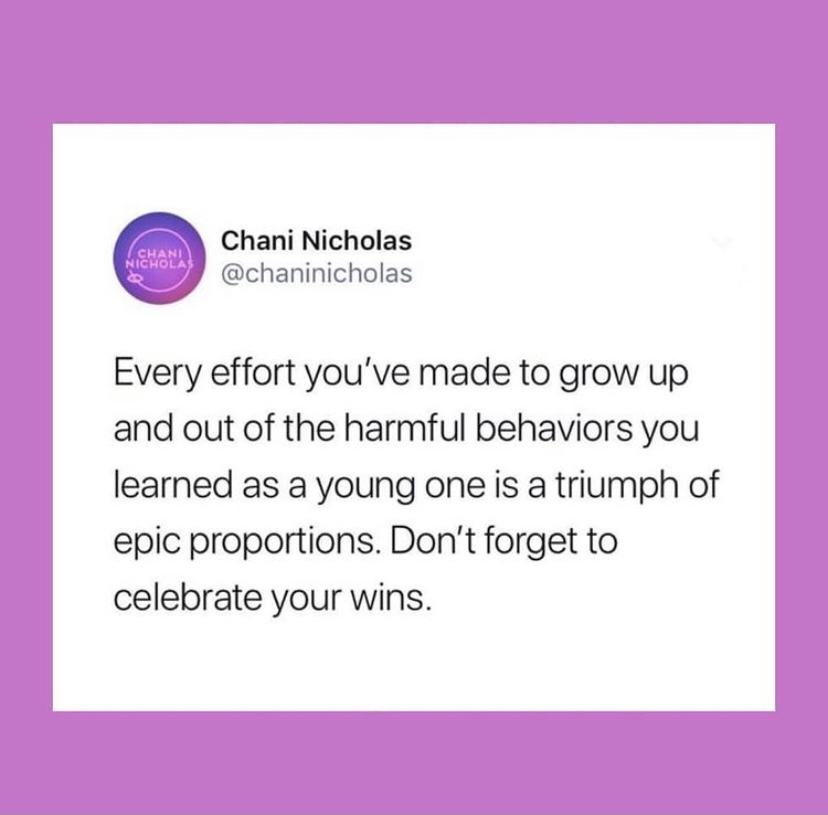I have been a runner since I started exercising as an adult. As a child and adolescent, I of course participated in the many school activities that both my parents’ and societal expectations had kind of forced me into, such as soccer, basketball, tennis, and swimming, to name a few. But running has been my thing since exercise became a choice I made every week, instead of an obligation. Or at least I thought so.
But that is no more; it’s been months since I ran, and much longer than that since I actually enjoyed it.
Even in my high frequency running times, when I was training for half marathons and running upwards of 30 miles a week, it was never a pleasurable experience as other people who practice running describe it as. It was always uncomfortable and always painful. Part of me just thought that was how exercise was supposed to be, because it meant it was ‘working’. During my Masters degree, which coincided with most of my half marathon training (not a coincidence), that pain and discomfort wasn’t such a problem. I felt so stressed and had so much anxiety that running was a good and healthy way (both mentally and physically) to get it out of my system. But after finishing my Masters and moving on with my life, I found I did not have nearly as much stress and thus did not need running anymore as a way to release it. And so running stopped having positive qualities for me and became something I dreaded, but forced myself to do anyways, because I had some deeply embedded societal expectations that told me, among other things, that in order to be ‘healthy’, I had to run, that running was the best way to stay fit, and that I always had to be able to run at least 3 miles to be considered ‘healthy’. Um, what?
Over the past several months, now that I have officially given up running (I tried once in October when I felt the desire, but it was still a painful and uncomfortable experience), I have been thinking a lot about these deeply embedded expectation and where they came from, and I have also been working hard to negate them. I used running as a way to exercise, obviously, but it also seemed like a punishment, and for what exactly? For not having a body that is considered beautiful by the harmful (and also impossible) beauty standards accepted by society today? I’m still meditating on a lot of this, and it can be quite difficult. But the process of rejecting these negative practices and embracing more positive ones includes practicing exercise that I enjoy, and listening to my body when it tells me that I need a break, or that I should take a work out on a certain day a bit easier than I normally do. The overarching concept here is that I am trying to move my body in ways that are pleasurable and fun, something that I had read many times before and simply ignored, or thought “maybe for them but not for me”.
Since I have begun to challenge preexisting notions that I held up as fact, my life has become more joyful and I have practiced giving myself more love. I know this sounds hokey, and although I still have residual guilt over not running, overall I am so happy I am not still forcing myself to run. You are probably thinking “this lady is crazy—who feels this way about running?!” but I am absolutely positive that you have preexisting notions about something in your life that you feel obligated to do as well, and though it might not be running, it’s still there, making you feel awful when you force yourself to do it.
For years I thought that to stop running would mean terrible consequences for both my physical and mental health. But one day I just stopped. Nothing too bad has happened yet, and if it hasn’t happened thus far, I doubt it will. Here’s to finding joy in exercise.

